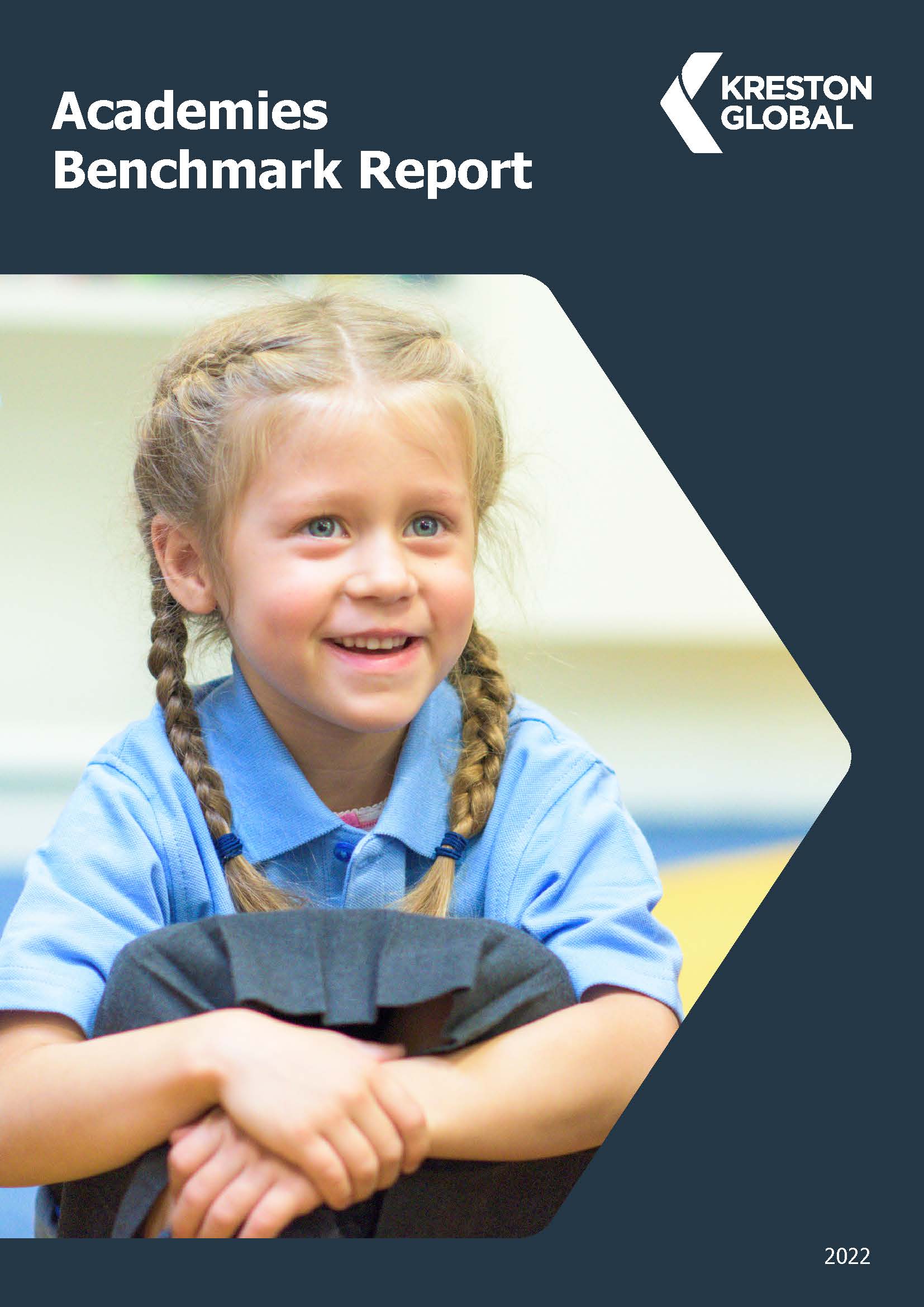Multi-academy trusts report record-breaking financial surpluses but sector warns caution


The 10th annual Kreston Academies Benchmark Report published today has revealed that the average in-year financial surplus for a multi-academy trust (MAT) doubled to more than £460k in 2021 up from £221k in 2020.
London, United Kingdom Jan 27, 2022 (Issuewire.com) – The 10th annual Kreston Academies Benchmark Report published today has revealed that the average in-year financial surplus for a multi-academy trust (MAT) doubled to more than £460k in 2021 up from £221k in 2020.
Overall, this equates to a 94% uplift per academy from 2020 to 2021 – representing the sector’s highest-ever surplus.
Academy trust cash balances have been bolstered through the injection of government funding earmarked for Covid testing, education catch-up programmes, and other Covid-related costs which schools have not yet had the time or capacity to spend due to the pandemic.
The surpluses have also been strengthened by the cancellation of exams and the reduced costs associated with utilities, staffing, and maintenance due to schools not being fully open during the lockdown. These surpluses will be needed to fund the recovery effort.
Pam Tuckett, chair of Kreston International’s academies group and head of education at accountants Bishop Fleming, said: “There’s no denying that on paper, multi-academy trusts have had a record-breaking year in terms of their financial health. But the story behind the data reveals a much more complex picture.
“Government funding to cover Covid testing, additional staffing and other costs relating to the pandemic have largely not been spent as time constraints saw existing school staff bear the burden of introducing new measures to support pupils and tackle the spread of the virus. This money will be swiftly invested to address the colossal toll the pandemic has had on pupils’ education and wellbeing.
“Additional spending resulting from rising inflation, soaring energy prices, and the increased cost of plugging staff shortages will rapidly eat into financial gains across the sector too.”
Leora Cruddas CBE, chief executive of the Confederation of School Trusts, said: “The Academies Benchmark Report shows that the sector is generally in the robust financial health it will need to face the considerable challenges ahead.
“Trust leaders continue to respond to immediate pandemic related issues, with a firm eye on the horizon as the impact of staff absence and the price tag associated with the recovery effort come to bear. We may well have seen the high point in terms of trust surpluses.”
Benedicte Yue, chief financial officer at River Learning Trust, said: “Whilst the financial health of the sector has improved, it’s important to note that a large proportion of the surpluses relate to delayed expenditure which is now taking place. Significant investment is required to address the consequences of the pandemic, particularly in more disadvantaged communities where the learning loss has been the greatest.
“With income and expenditure in academies significantly distorted over the last 2 years by additional costs, one-off funding, periods of lockdown and lost income, caution is needed to benchmark finances in those years.”
The report shows primary academies have fared less well than secondary trusts or MATs, with average surpluses at just £14k in 2020/21. It is likely that this smaller surplus reflects the costs primary schools have incurred in managing the administrative burden of Covid-19 and being open to more pupils for a longer period of time during the pandemic.
Interesting figures from other areas of the report include:
Staff costs
Staff costs as a percentage of total costs remained static for the 2021 academic year, with the average across all schools only moving up by 0.1% to just over 75%. The average for secondaries continued to creep up, as it has done for the last 8 years. This position could change significantly in 2021/22.
Pam Tuckett, chair of Kreston International’s academies group and head of education at accountants Bishop Fleming, said: “Schools face difficulties in finding suitable staff with shortages likely to result in higher salaries, particularly for learning support staff and supply cover.
“There’s also the potential for an education skills drought as all schools rush to spend catch-up funds on a limited pool of highly skilled people needed to support pupils’ mental health, academic and physical needs as the recovery programme ramps up.”
The growth of MATs
MATs have continued to grow in the last 12 months, with the average size of a trust increasing from 6.8 schools last year to 7.5 in 2020/21. Nearly 65% of trusts reported expected growth in 2022/23 too, with 57% forecasting up to three additional schools joining their group.
Leora Cruddas CBE, chief executive of the Confederation of School Trusts, said: “The fact that MATs have expanded over the last 12 months of Covid disruption is testament to the huge amount of work and effort trusts and schools have put into supporting this while juggling many other priorities.”
3-year financial forecasting
61% of trusts predicted their reserves will be lower in three years’ time and just 14% of trusts were confident they would remain the same.
Pam Tuckett, head of education at Bishop Fleming, said: “We found that trusts with a maximum of 10 schools were much more likely to expect reserves to have reduced by 2025 than those with 11 or more schools, reflecting the economies of scale achievable in a larger trust.”
Centralisation
97% of trusts are now partly or fully centralised, where tasks such as finance, HR, estates, and school improvement are managed by the trust rather than its individual schools.
Pam Tuckett, head of education at Bishop Fleming, said: “The benefits of centralisation are more apparent the larger the trust becomes, but the investment is needed in the IT and team to deliver back-office functions centrally.”
Below is some of the other interesting data from the report:
- There has been an 11% increase in the average surplus for trusts comprising a single secondary school and a small reduction in the average in-year surplus for single academy trusts overall
- The number of trusts within-year deficits (19%) has halved since 2019 and trusts showing a cumulative deficit position have dropped for the third consecutive year to just 3.8% in 2021 from 8.2% in 2019
- The percentage of academy trusts GAG pooling, where funds are collated from all schools in the group and distributed centrally according to need, has risen from 11% in 2020 to 14% in 2021, showing that they are in a small but growing minority
Published annually by Kreston International’s academies group, the report is a financial state of the national survey of over 300 trusts representing over 1,500 schools. The survey covers the 2020/21 academic year.
To download the full Kreston Academies Benchmark Report visit:
https://www.bishopfleming.co.uk/insights/academies-benchmark-report-2022
Source :Bishop Fleming
This article was originally published by IssueWire. Read the original article here.




